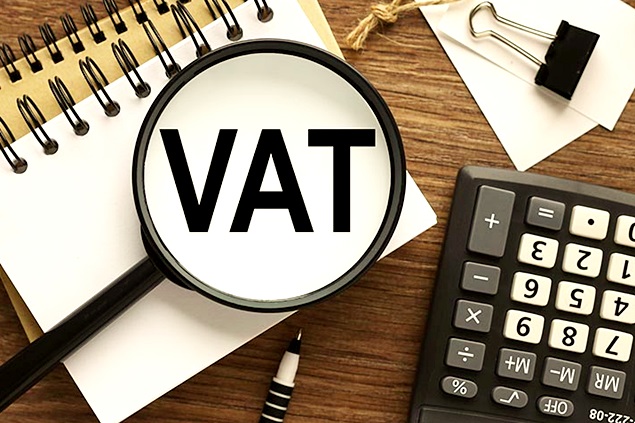1054

The Court of Justice of the European Union (CJEU) has recently issued a decision establishing that a taxpayer who voluntarily destroys certain goods, which are not qualitatively degraded, for reasons related to business operations, is not obliged to refund the Value Added Tax (VAT) deducted at the time of acquisition to the state. However, the taxpayer must adequately document the destruction and demonstrate that the goods have lost any utility in its economic activities.
Specifically, in case C-127/22 - Balgarska Telekomunikatsionna Kompania, a Bulgarian telecommunications company, the European court established that in the case of voluntarily transferred and subsequently destroyed goods, since they have become unusable in its economic activities, there is no obligation to refund the deducted VAT to the state if the destruction is properly demonstrated and justified.
The court emphasizes that in order to demonstrate the destruction of these "goods unsuitable for use or sale for various reasons, particularly wear and tear, defects, or even their moral or inadequate obsolescence," the taxpayer must prove the "irreversible disappearance of the respective goods."
Furthermore, in the same case, the CJEU analyzes the situation of transferred goods that were subsequently sold as waste, an operation subject to VAT. In this situation, there is no obligation to adjust the deducted VAT at the time of acquisition because the goods in question are used to carry out taxable operations.
The court argues that it is irrelevant whether the sale of waste is part of the usual economic activities of the taxable person conducting such a sale. It is also irrelevant that the amount obtained in exchange for the goods in question is reduced compared to their initial value due to being sold as waste or that their initial utility has been altered for the same reason.
Impact of the CJEU decision in Romania
Currently, Romanian legislation allows for the retention of VAT deduction in certain expressly provided cases, such as goods destroyed due to qualitative degradation. The current regulations are more permissive than in the past, before the entry into force of the new Fiscal Code when, in the case of qualitatively degraded goods, to retain the deducted VAT, the taxpayer had to demonstrate that the degradation was exclusively caused by objective reasons.
Regarding the approach of tax authorities, many situations in practice are frequently investigated, and most of the time, the obligation to adjust VAT is imposed in such cases concerning the destruction of goods.
As a result of the recent CJEU decision, it is desirable for the Romanian authorities to align their practical approach regarding the right of taxpayers to deduct VAT in the case of voluntarily destroyed goods, based on economically, commercially, or marketing-driven decisions, even if they are not qualitatively degraded.
However, the European court confirms the current position of tax authorities regarding the obligation of rigorous justification with documentation of the destruction. Therefore, the concerned legal entities must prove that the destroyed goods have objectively lost any utility in their economic activities and have been completely destroyed, thus eliminating any possibility of being reintroduced into the economic cycle. Taxpayers should also justify the objective commercial or business reasons that led to the voluntary destruction of goods unsuitable for their economic activity.
Under these conditions, a cautious approach is recommended for taxpayers carrying out such operations (such as the destruction of seasonal products, for which storage costs for the next season are not justified, products removed from the producers' portfolio due to rebranding decisions, food products within the warranty period but the producer decides not to sell them to avoid affecting consumer perception of their quality, etc.).
They must prepare thorough documentation in accordance with the current legislation, as in the case of qualitatively degraded goods. However, for voluntary operations of this kind, convincing justification of the business decisions that justified the destruction of the respective goods is also necessary.
Furthermore, the CJEU decision is relevant for taxpayers who have carried out such operations and have received a decision contrary to the judgment of the European Court. In such cases, they can request the reconsideration of the decision through the competent institution.
The request for reconsideration can be filed within one year from the date of communication of the decision (in the case of decisions for which no administrative litigation action has been filed) or during the trial of the case (in the case of decisions subject to administrative litigation).
(Opinion piece by Cezara Dumitrescu, Manager, and Monica Zipiș, Senior Consultant, Indirect Taxation, Deloitte Romania)





